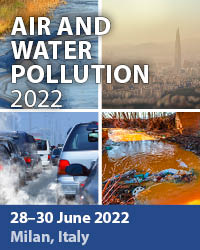A Participatory Approach For Modeling Alternative Future Land Use Scenarios Around Nairobi National Park Using Bayesian Belief Networks
Price
Free (open access)
Transaction
Volume
144
Pages
15
Page Range
43 - 57
Published
2011
Size
3,778 kb
Paper DOI
10.2495/ECO110041
Copyright
WIT Press
Author(s)
J. T. McCloskey, R. J. Lilieholm, R. Boone, R. Reid, S. Sader, D. Nkedianye, M. Said & J. Worden
Abstract
We develop an adaptive and flexible framework for engaging experts and stakeholders at the household- and community-level that have different livelihoods and land use interests within Kenya’s Athi-Kaputiei Plains (AKP). We use Bayesian Belief Networks linked to GIS data layers to integrate empirical data and elicited stakeholder knowledge. The process is designed to address problems with past conservation-development strategies by allowing participants to build relationships among people with different land use interests in order to clarify opportunities and constraints, examine assumptions at the design phase of a project, and determine future actions and potential development scenarios. We use an example of four different livelihood groups in the AKP to demonstrate how the process might work to identify suitable areas for alternative land uses (e.g., wildebeest and livestock grazing, crop cultivation, and urban development), and to identify future compatibilities and conflicts between these different land use interests. The modeling process provides a maximal coverage strategy that allows decision makers to target and prioritize areas for protection or development, and to set specific strategies in the face of changing ecological, social, or economic processes. The process is iterative so that revised models can be developed as new data and knowledge arise, thereby
Keywords
Bayesian Belief Networks, collaborative management, community-based conservation, integrated conservation and development projects (ICDPs), landscape change, land use, livelihoods, Nairobi National Park, participatory modeling, pastoralism, wildlife





